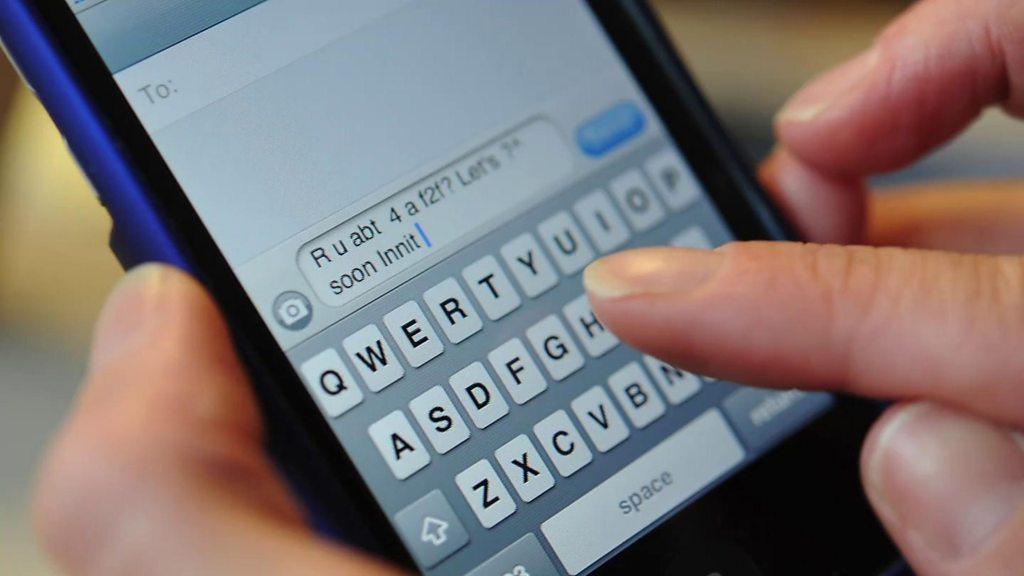Why does no-one want a new phone these days?
- Published
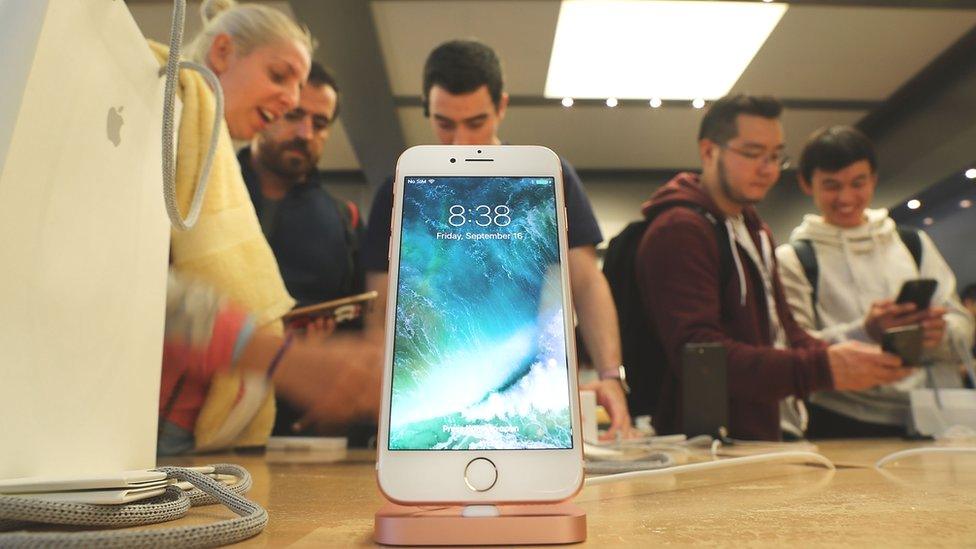
Dixons Carphone says profits are down in part because consumers are refusing to upgrade to the iPhone 7
"My iPhone 6S is falling apart," says 18-year-old student Asher Silver.
"But I think the iPhone 7 is useless - you can't plug in a speaker when you play music and you can't charge it [at the same time]."
He's not alone. Earlier on Thursday Dixons Carphone said the appetite for new phones was pretty weak currently - one reason worried investors marked the shares down by about a fifth.
Dixons Carphone said customers are choosing to hang on to their existing smartphones for four to five months longer, and it is partly because Apple's most recent iPhone is not seen as appealing enough.
iPhone 7 apathy
"For half the market, the Apple base more or less rejected the iPhone 7," said Dixons Carphone chief executive Seb James. "We have a much bigger iPhone 6 base - we have many customers holding on to the iPhone 6S even if the battery is on its last leg."
I'm an Apple fan myself, and I'm in the same boat as Mr Silver. I love my iPhone 6S, and while Tim Cook might think Apple had "courage" when it decided to remove the headphone jack from the iPhone 7, I - like many others - disagree.
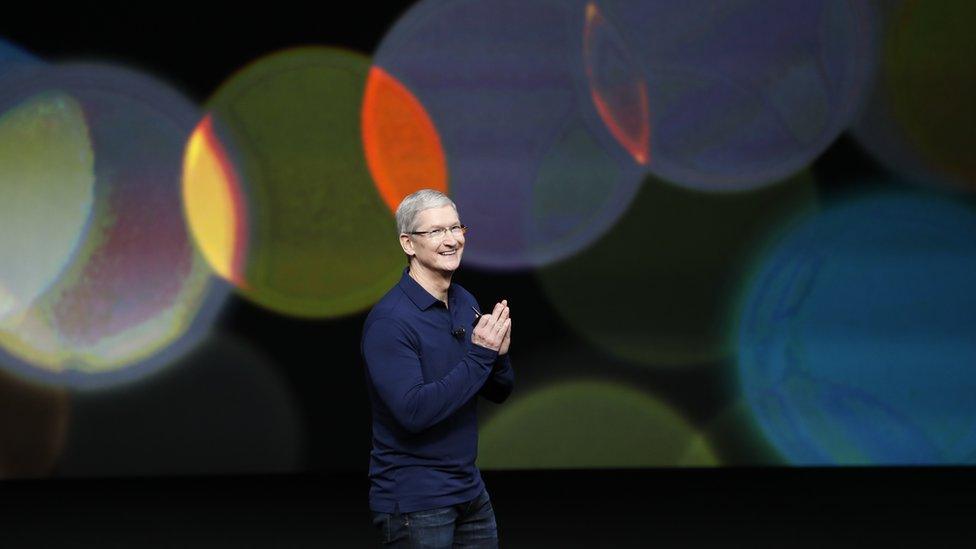
When Tim Cook launched the iPhone 7 in September, he said Apple had "courage" to remove the headphone jack from the device
I've had my iPhone 6S for almost two years, and I still love it. I'm eligible for an upgrade on contract, but why would I want one, when the phone I have now is just fine?
But even those whose phone is on its last legs still won't upgrade to the iPhone 7.
Asher Silver's phone has a hole in its corner, but he would rather just get another iPhone 6S.
Growing concern
Even those on the iPhone 5 - launched half a decade ago - are not in a great rush to upgrade.
Copywriter Kate Fairman, 26, says it's too expensive: "I've had my iPhone 6S for two months. Before that I had an iPhone 5S. I kept it for a long time because I couldn't afford a new phone and I had to wait to get an upgrade."
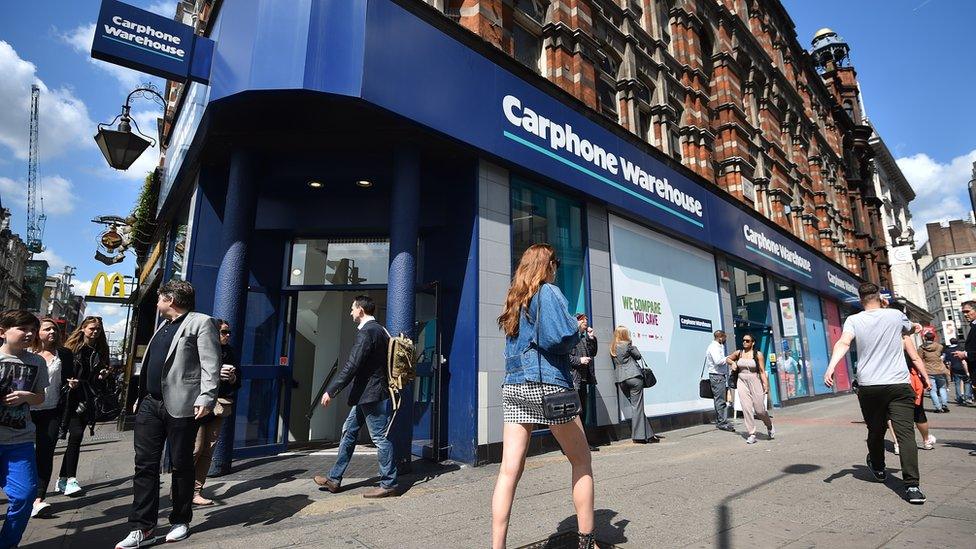
Depreciation of the pound isn't helping, but Dixons Carphone is optimistic that people will eventually get new phones on contract packages
Dixons says price is a growing concern and people are not upgrading their phones as frequently because the handsets themselves have risen in price.
Although investors in Dixons Carphone were clearly spooked by the poor picture painted of mobile phone sales, chief executive Mr James is optimistic that the number of mobile phone contract packages will soon go up, because no phone will last forever, and few people want to pay the full price of a smartphone upfront.
Of course, the depreciation of the pound hasn't helped matters either, as the iPhone is priced in dollars, and the pound buys fewer dollars than it did before the Brexit vote.
That currency effect has also pushed up the cost of Samsung in the UK.
Windsor Holden, head of forecasting and consultancy at Juniper Research, says: "People are hanging on to their phones for longer."
"There's also been a slight increase in prices of high-end handsets. That will in turn have an impact on affordability."
End of cool?
In 2015 when the iPhone 6S was launched, there was a mad rush for gold and rose gold iPhones, external among the Instagram set, as the device was considered to be the "must have" accessory of the season.
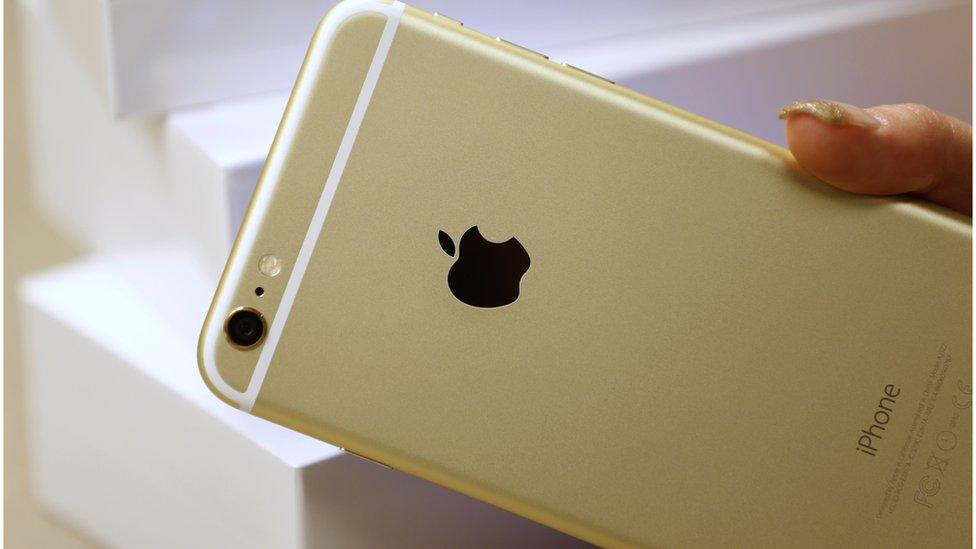
The much sought-after gold iPhone 6
Although the iPhone is still popular with core Apple fans, overall, the pop culture prestige of owning a smartphone is starting to die out, according to experts.
"If you take a developed market with a high penetration of iPhones, the coolness factor has gone down, because everyone already has a premium smartphone, compared to four or five years ago," says Roberta Cozza, a research director at Gartner.
"Overall, the sense of smartphones being a fashion accessory has diminished.
"Lifecycles have extended on smartphones. It's harder to sell a premium flagship device because users will not buy unless they see a meaningful difference to their daily experience."
- Published24 August 2017
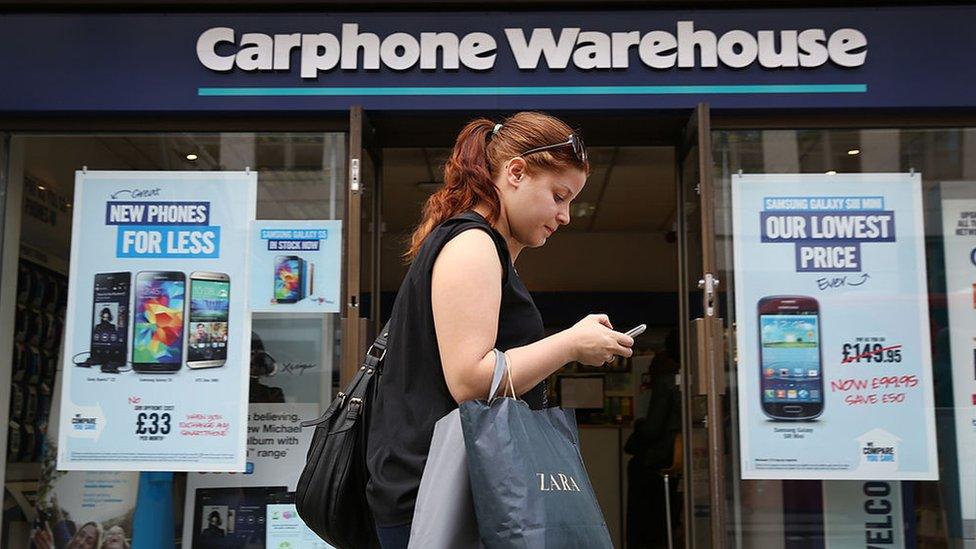
- Published3 May 2017
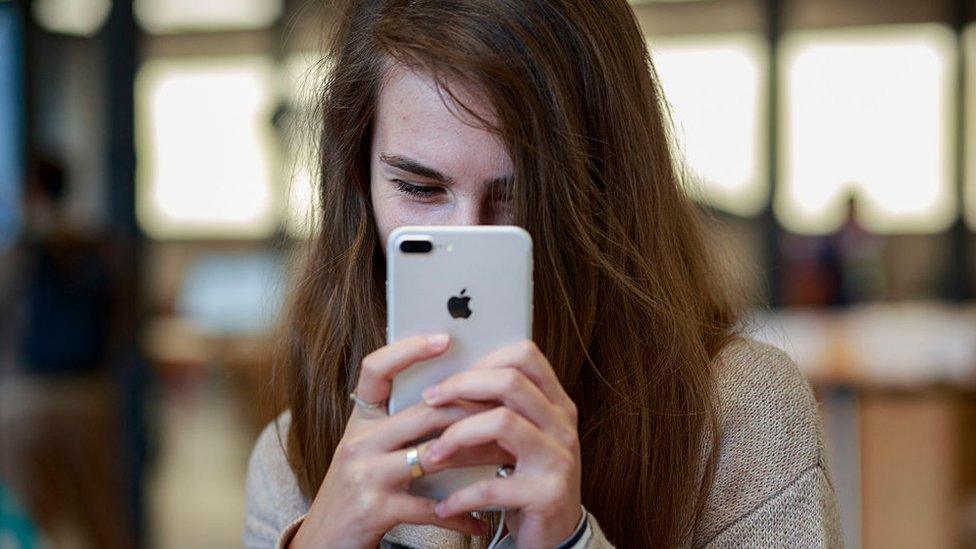
- Published29 June 2017
